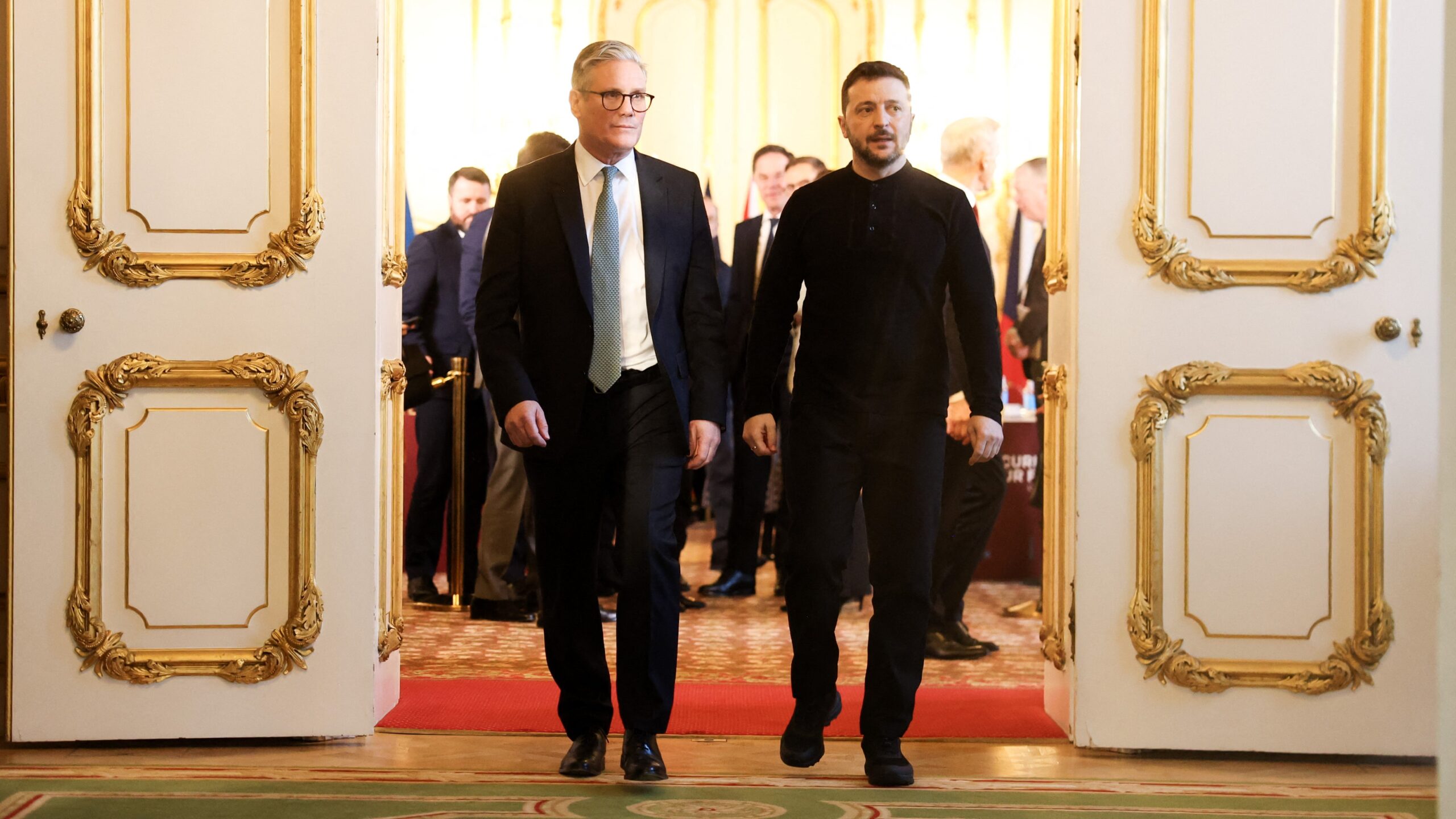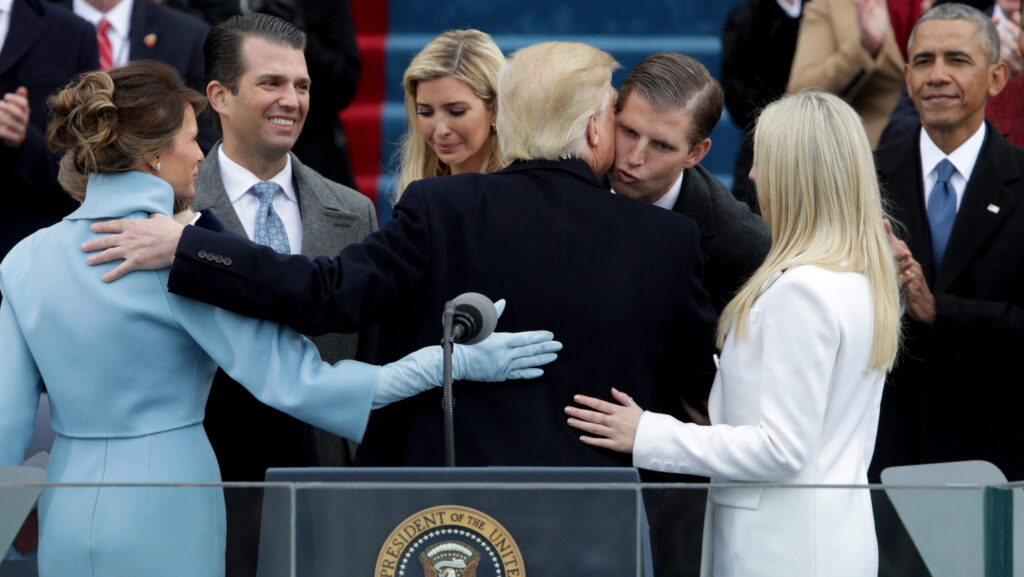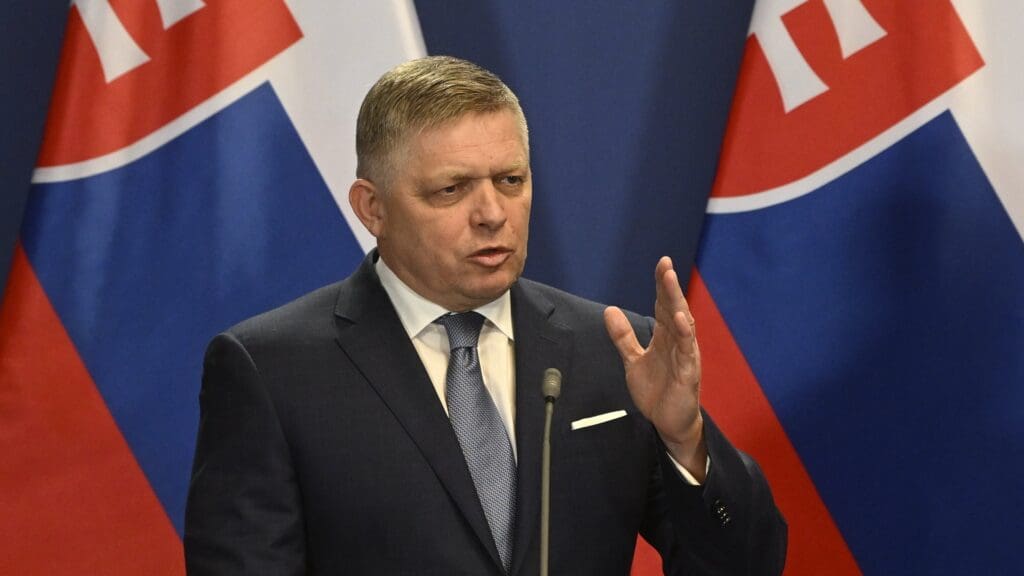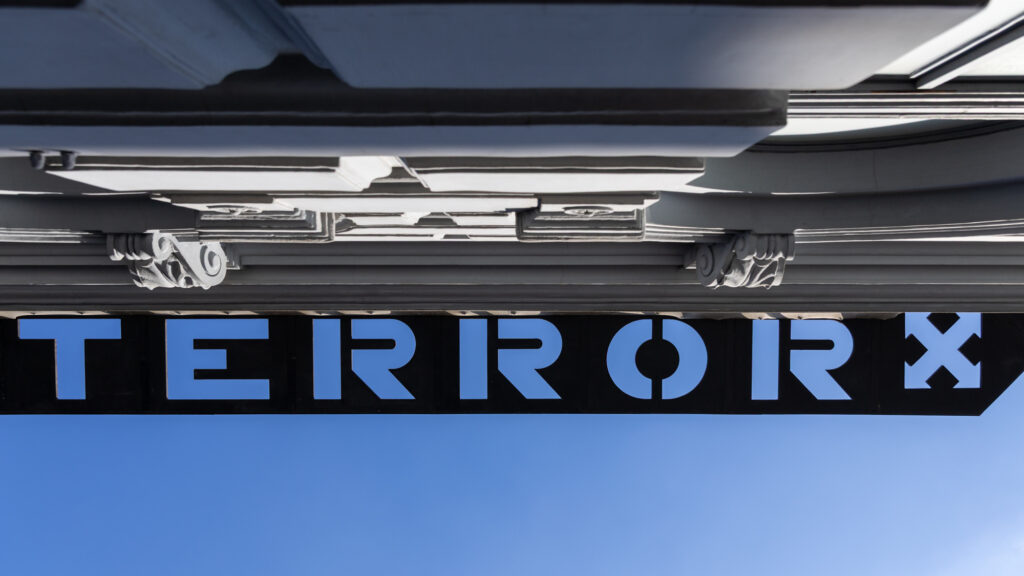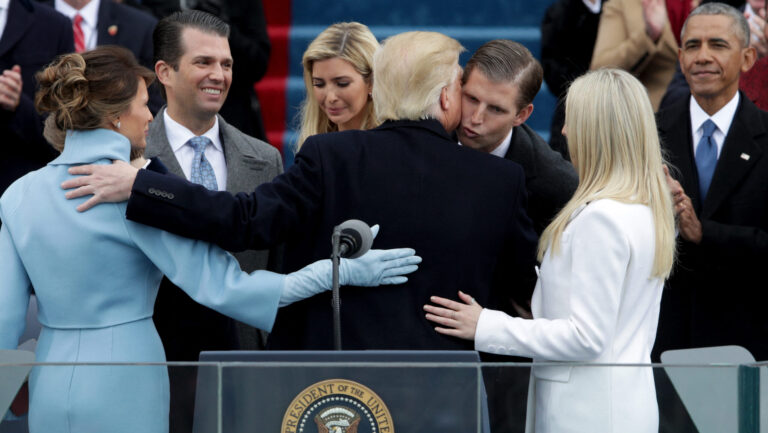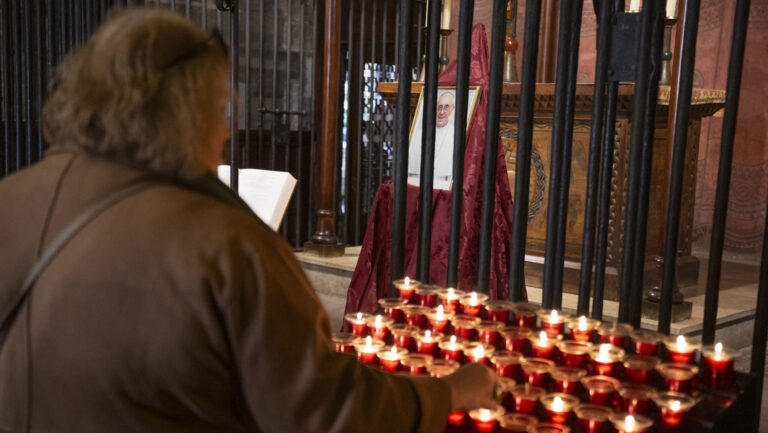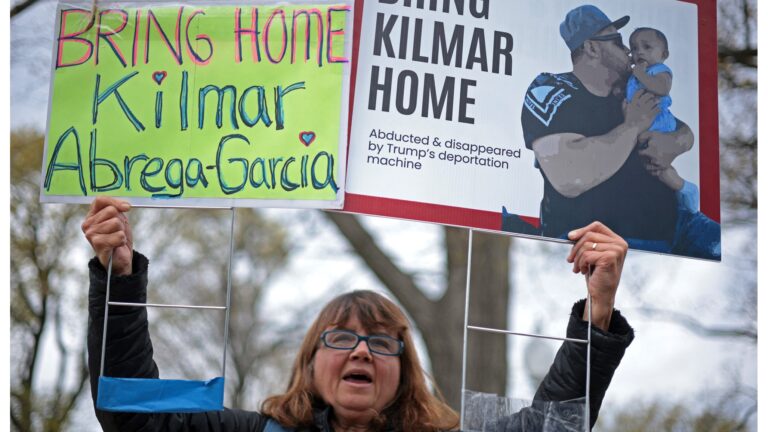British Prime Minister Keir Starmer hosted a summit of European leaders on Sunday to shore up support for Ukrainian President Volodymyr Zelenskyy after Friday’s acrimonious meeting with President Donald Trump that left many to wonder where the once staunch western allies stood. Starmer told leaders who were present that they need to step up and continue to support Kyiv and meet a ‘once in a generation moment’ for the security of Europe.
The participants agreed on four points:
- to keep military aid flowing into Ukraine;
- to have Kyiv at the table for any peace talks;
- for European leaders to aim to deter any future Russian invasion of Ukraine;
- and a ‘coalition of the willing’ will be formed to defend Ukraine and guarantee peace there.
In addition, the United Kingdom will provide Ukraine access to £1.6 billion ($2.01 billion) to buy new missiles, and that Europe must do the heavy lifting in any peace deal. The British prime minister did stipulate that the agreement would need the backing of the United States.
It goes without say that the Trump administration has introduced a fundamental trust problem, which has called into question some of the bedrock assumptions that have provided a firm basis to the transatlantic relationship since World War II. For Europeans, they see this as a stark moment to display collective resilience—the last time it did was when, with the exception of the UK, it refused to assist then-President George W Bush in his invasion of Iraq in 2003. The truth of the matter is that not only has Europe been dead in the water for over a generation, it remains divided, especially on Ukraine.
All one has to do is look at Hungarian Prime Minister Viktor Orbán’s post on social media with regard to last Friday’s spat between Trump and Zelenskyy:
‘Strong men make peace, weak men make war. Today President @realDonaldTrump stood bravely for peace. Even if it was difficult for many to digest. Thank you, Mr. President!’
‘What Starmer proposed, that of defending Ukraine and guaranteeing peace there after an eventual ceasefire is not only unrealistic, but will only further antagonize Moscow’
One thing must be made clear: President Trump did play a crucial role in Ukraine’s defense, enabling the Ukrainians to fend off and survive Russia’s full-scale invasion in February 2022—Trump sold 210 Javelin anti-tank missiles and 37 launchers, worth $47 million during the first Trump term. Without the Javelins, Russian forces would almost indecently have succeeded in taking Kyiv within days, as originally planned.
Why then would the U.S. now wish to abandon to uphold and defend the sovereign rights of a free country? Quite simply, because the Ukrainians do not have the manpower anymore to fend off Russian forces, let alone the political clout to regain its lost territories, including Crimea, regardless of European support. As former U.S. Defense Secretary Lloyd Austin stressed last year, all the weapons in the world are not going to be a game changer for the Ukrainians on the battlefield for they simply do not have the manpower to match those of the Russians.
‘What Trump wants for Ukraine’, as international relations expert Prof. John Mearsheimer explained, ‘is what’s best for Ukraine. Zelenskyy doesn’t realize that and most Ukrainians [as well as most European leaders] don’t realize that. But what Trump wants to do is shut down the war as soon as possible and that is in Ukraine’s interest.’
Ukraine, in the aftermath of the Cold War, emerged as the third-largest nuclear power in the world, inheriting a substantial stockpile of Soviet nuclear weapons, which included approximately 5,000 nuclear arms, along with long-range missiles capable of carrying up to 10 thermonuclear warheads. These weapons were stored in secret underground locations throughout the country, but at the best of the U.S. it decided to denuclearize at the Budapest Memorandum of 1994, in exchange for security assurances from Russia, the U.S., and the UK. The country has been caught between the Russian rock and the U.S.-led West, a hard place, ever since.
‘Europe has to begin fending for itself’
President Trump is also correct in that Europe has to begin fending for itself. The Europeans cannot always rely on the U.S. to come to their rescue every time they get into trouble. Regrettably for Trump, one of his liabilities is that he is not good at all working with allies; neither was his praise for President Vladimir Putin fortunate. Yet what Starmer proposed, that of defending Ukraine and guaranteeing peace there after an eventual ceasefire is not only unrealistic, but will only further antagonize Moscow, for it would mean putting boots on Ukrainian soil. A reason why Putin decided to invade Ukraine in the first place? He did not want the U.S.–NATO forces in his front yard.
In that sense, what Trump told, or rather shouted, at Zelenskyy, that he is ‘gambling with World War III’, is not far-fetched. Mind you, the manner in which this was communicated altogether annulled what the American president said, for the mainstream media, and perhaps for good reason, focused on the spat between Trump–Vance and Zelenskyy. Hailing Putin as a victim as he did also does not help his cause.
The Russians are without a doubt the aggressors. All things being equal, as Mearshiemer said, ‘from both a moral and a strategic point of view Trump is on the right track’; for the longer this war goes on, more Ukrainians are going to be killed, and they will also lose more land.
In the end, if the Europeans wish to stay in America’s good graces, they will have to bow down to Trump. They understand that the U.S. is the pacifier and they do not want to lose that, more so since Trump wants to re-establish ties with the Russian Federation. The die is cast. Starmer and company need to realize that the Russians, not the Ukrainians, are in the driver’s seat.
Related articles:

